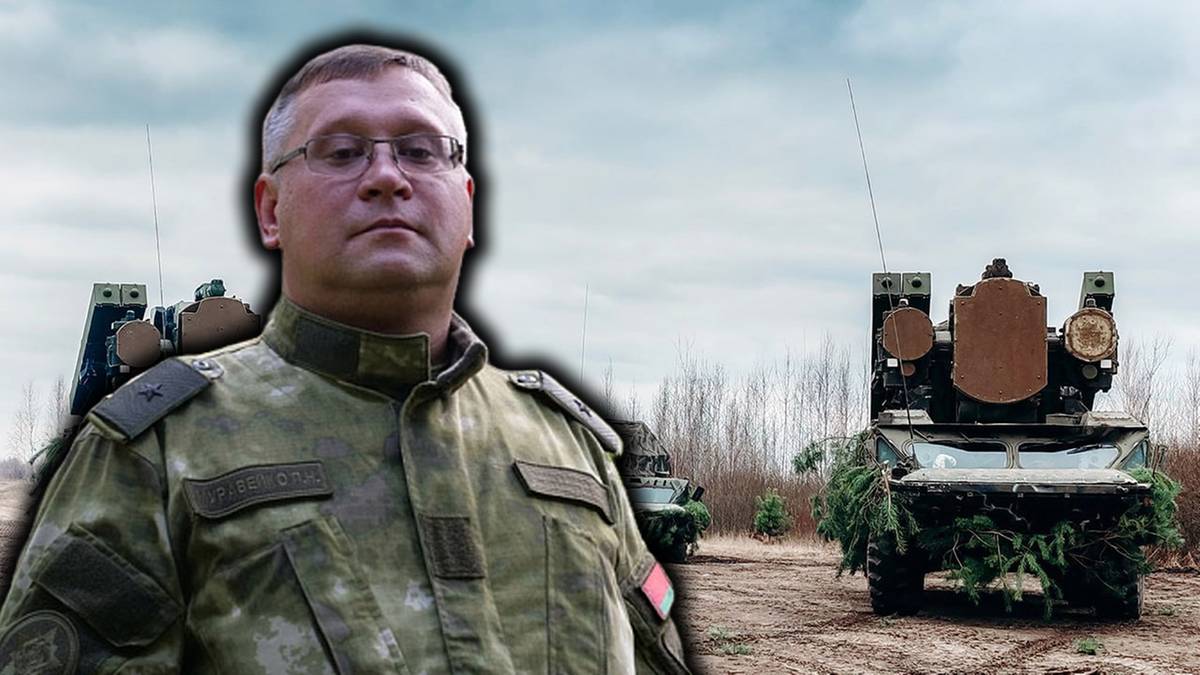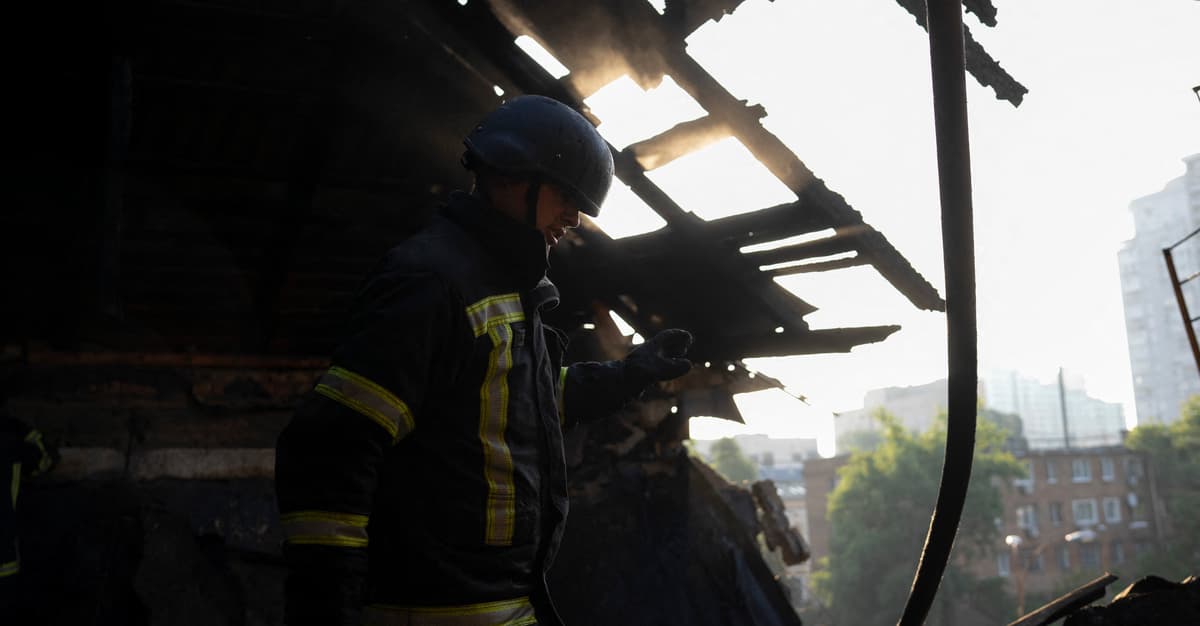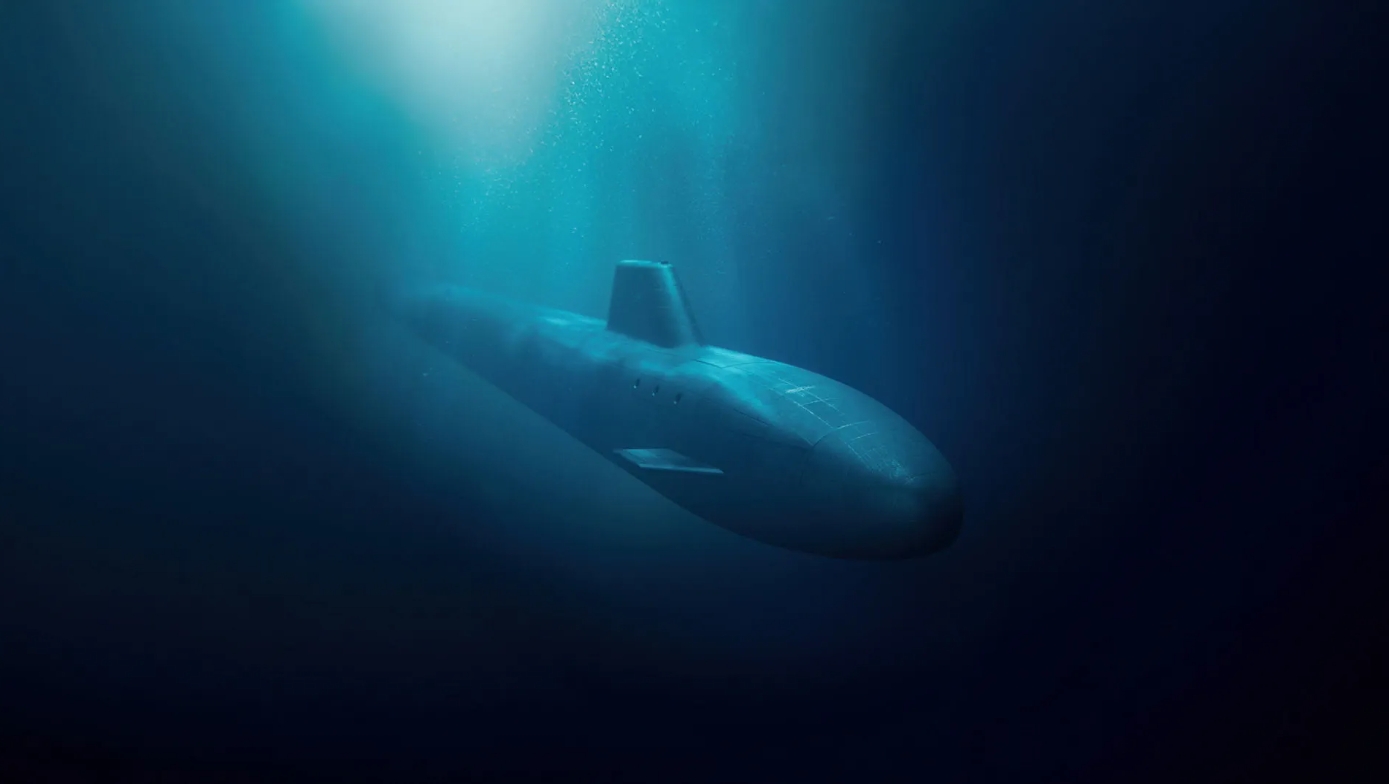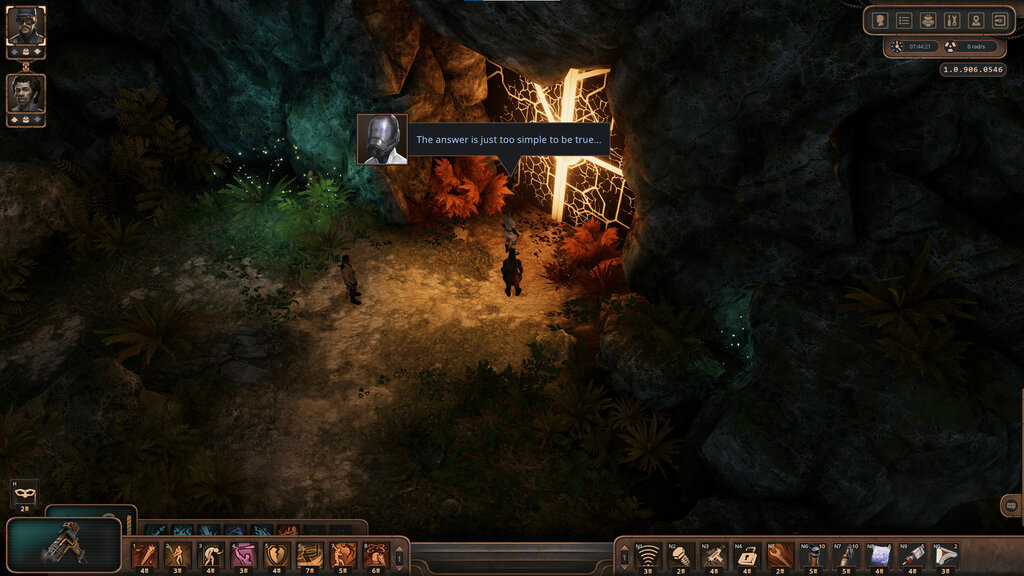December 2024 brought major changes to the Military Publishing Institute. The management of the Institute and the editor-in-chief of the Bellon Quartet have changed. The fresh issue of this magazine, inactive in its 2024 edition, goes to the Readers in a revised, comprehensive formula.
The number opens the article by Dr. Rafał Depczyński "Selected aspects of applicable usage of the civilian Protection and civilian Protection Act". The author, referring to the late adopted civilian defence Act, draws attention to the problem of shelter position and hide in our country. On the basis of the State Fire Department data, it analyses the anticipation of the public utilizing specified facilities in an emergency situation. He found the changes in construction law positive, ordering developers and investors to implement pro-defensive solutions during building planning and design.
The efficiency of our country's safety strategy is devoted to the article "Decision processes in crisis situations" by Dr Wojciech Winkler. According to the author, the safety strategy of the Polish Republic should include the positions of head of the chief government of the state, including, in particular, the executive authority – the president and Prime Minister and ministries, provinces, powiats and communes, together with well-prepared staff (teams). This approach stems from the dynamics and complexity of management in modern organizations. The author claims that in order to manage State safety efficiently and effectively, this strategy should operate 24/7.
Armed forces play an crucial function in shaping the safety area. They execute safety tasks in many dimensions, not only defensive, but besides servile. This is written by Dr. Ewa Joanna Sapierzyńska in the article "The Armed Forces of the Republic of Poland as a contributor to the safety environment". The author concludes that the military's engagement in safety shaping goes beyond the fundamental area of work of the armed forces and the fulfilment of their tasks. The protection of borders, independency and integrity of the territory of the State is simply a precedence of the Armed Forces of the Republic of Poland, but their function in the performance of tasks during peace for interior safety is besides invaluable.
The theoretical and applicable aspects of the usage of cyberspace to carry out active disinformation activities and cyber attacks is devoted to the article by Dr. Zbigniew Modrzejewski "The impact of disinformation and cyber attacks on state information security". The author points out that, with the improvement of information technology, the possible for information to affect safety entities has increased. The global phenomenon has become disinformation. The state's information safety is simply a threat to the functioning of state institutions, thus the full state and its citizens.
The issue of air space control in military activities is devoted to the article by Colonel Dr. Ing. nawig. Sylwester Lubiejewski "Air space control in the light of armed conflicts". The basis for analysis was armed conflicts from the First planet War to the Russian-Ukrainian conflict. The author draws attention to the importance of airspace control for the command of forces in the operation and to the impact of the airspace control strategy on the accomplishment of military targets with as small failure as possible. As the main determinants of the improvement of the airspace control system, it indicates the safety of its own troops and the efficiency of the performance of tasks.
In turn, the Colonel, Dr Czesław Marcinkowski, in his article "Humanistic Values in the light of Russia's aggression against Ukraine and global law of armed conflicts", points out the problem of the crisis of humanistic values. This is evidenced by conflicts in the erstwhile Yugoslavia, Afghanistan and Sudan, as well as Russia's aggression into Ukraine. According to the author, the Russian-Ukrainian conflict is an example of breaking all the rules of war and ignoring the humanitarian values developed so far.
A comprehensive assessment of the state of russian armored troops by mid-1941 and an analysis of the reasons for their mediocre effectiveness in the first months of the war was presented by Colonel Marek Depczyński in the article "Development of russian armoured troops until mid-1941". On the basis of literature analysis, the author concluded that despite the numerical advantage, the staff deficit and fast organizational changes did not let rational management of the possible of these troops. The failure in the first months of the war of over 70% of the armored equipment resulted in the dismemberment of all armored divisions and as an essential combat module of the armored-motor troops the armored brigade was adopted.
The number closes the article by Marty Moskal "Motivational Orientations in the Process of Recruitment and Retention of British Military Personnel". The author discusses recruitment and retention problems in the British Army. The analysis was based on a critical review of the literature of the subject.
We hope that the articles presented in the issue will interest readers and increase their cognition of the possibilities of expanding the safety of our country and of conflict across our east border. We want you a pleasant reading and encourage you to print your thoughts in our magazine.
















